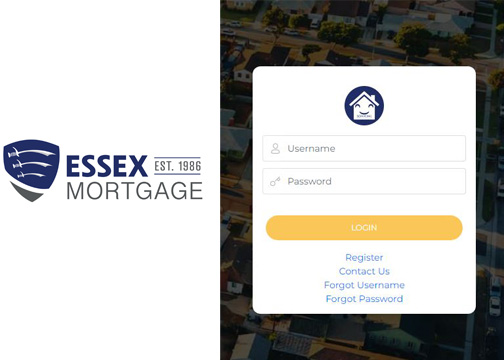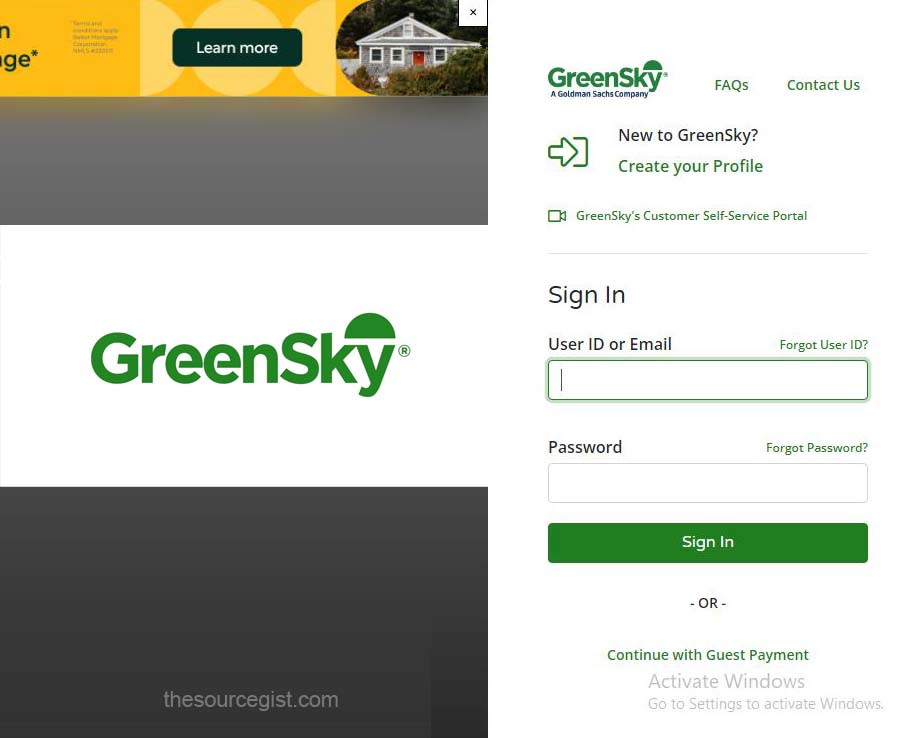SBA 504 loan provides loan funds for business owners who are into real estate purchases or small business who want to purchase heavy equipment for their small business by using the big market equipment purchases. This type of SBA loan funding program offers a long-term, fixed rate financing up to $5 million for major assets. SBA 504 loans come with low interest rates, low financing, low small down payment and are long-terms. 504 loans is the best option for small-business owners who want to control big market via their equipment purchases, those into energy-efficient companies, manufacturing projects and many more.

Unlike other government Small business loans, SBA 504 loans application process is a very long one and comes with strict requirements before applicants can become eligible but the application deadline can take up to months. This post will guide you on all you need to know about SBA loans and how it works.
What is SBA 504 loan Program?
SBA 504 loan is regarded as Certified Development Company (CDC)/504 loans. This is a loan funding program is issued to small business by the U.S Small Business Administration loan programs to help small business get funding for their business. SBA 504 loans are one of the three major types of loans programs issued by the U.S Small Business administration which include microloans and 7(a) loans.
How Does SBA 504 loan Work?
SBA loans are coordinated by Certified Development Companies (CDCs), which are nonprofit corporations that bolster economic development within their communities by providing them with 504 loans. The U.S. Small Business Administration authorizes CDCs to offer financing to small business within the communities with the help of third-party lenders which are mostly banks.
This loan program is meant for those who are not eligible for conventional financing. SBA (CDC)/504 loans will help you conserve your working capital by demanding only a 10 percent borrower contribution which can be useful for future benefits. The CDC will structure and coordinate the financing package between you and the third-party lenders.
SBA 504 loan consists of a conventional first mortgage which will take care of 50 percent of your project cost. The loan program also has an SBA-backed portion of the 504 loan which will be the second mortgage that can finance up to 40 percent of eligible project costs. While the remaining 10 percent will be your small business owner contribution, and in some instances you may be asked to contribute up to 20 percent of the total project cost.
Benefits of SBA 504 loan
- Interest Rate: eligible applicants get below-market interest rates and the rates are fixed throughout the lifespan of the loan.
- Use of Proceeds: SBA 504 loans are usually long-term, fixed assets for expansion especially for real estate or large equipment. You may also get refinancing of large equipment or owner-occupied commercial real estate.
- Repayment terms: it can take up to 10, 20 or 25 year terms for your repayment terms depending on the loan.
- Maximum SBA loan amount: the loan amount is usually fixed for $5 million for major fixed assets. But manufacturing projects or energy-efficient project may be eligible for more than one 504 loan up to $5.5 million each.
- Required Equity: a 10 percent low down payment conserves your working capital. Keep in mind that sometimes it could be more than 10 percent.
RELATED”>>>>>>>>>>>>>>> Easy Ways to Get a Personal Loan With Bad Credit from Top Lenders
How Do I Become Eligible for SBA 504 Loan?
There are certain requirements every applicant must meet when they want to apply for the 504 loan program. The 504 sba loans eligibility is dependent on the following requirements.
- Must have a business operating in the United States
- Must have a for-profit company (passive income) running in the U.S.
- Applicant must have a net worth less than $15 million and an average income less than $5.0 million after taxes for the preceding two years.
- Loans cannot be issued out to businesses engaged in investment in rental real estate
- You must the capacity to repay back the loan on time from the projected operating cash flow of the business
- Must have a genuine & feasible business plan good enough to convince the administration.
- Must have good character records based on the statement of Personal History collected from your firm’s principal to show if you were able to pay subsequent debts or delinquents.
What Can I Use SBA 504 Loan?
The SBA 504 loan can be used for a whole lot of asset building that can help improve your business and also create jobs for individuals around you. Some of the things you can use the 504 loan program for include the following;
- Equipment and long-term machinery
- Lands and existing buildings
- Renovate existing facilities
- Buy new facilities
- Improve streets, landscaping, parking lots
What You Can’t Use SBA 504 Loan for?
You cannot use the 504 loan for the following.
- To repay consolidation debt, refinance debts
- Investment in rental real estate
- Working capital inventory
How to Apply for SBA 504 Loan
There are steps to take when you are applying for 504 loan program. However, you have to go through the Certified Development Companies (CDCs). The steps below will guide you on what to do.
- Start by finding a Certified Development Company (CDC) in your area to ensure you are dealing with the right or qualified lender.
- Next, use the 504 loan Authorization File Library to start and arrange your 504 loan authorization package. Keep in mind that the 504 loan Authorization File Library will used to identify your documentation.
- Finally, you will need to apply for your 504 CDC loan by filling the application form.
RELATED”>>>>>>>>>>>>>> Debt Consolidation Loan in 2022
Documents Needed to Apply for SBA 504 Loan
SBA 504 loan application can be a bit stressful because of the necessary procedures you have to take. You will have to also provide the following documents below once you’ve been identified by a CDC in order to apply for an SBA 504 loan:
- Business plan
- Business and personal financial statements
- Business and personal tax returns for the last three years
- Cost documentation (for equipment loans)
- Accounts payable and receivable
- Contractor estimates (for construction loans)
Keep in mind that the CDC and bank you work with may ask you for additional documentation to process your 504 loan application.
How Can I Pay back my 504 loan?
To pay back your 504 SBA loan is dependent on several factors which include the following:
- Repayment terms: you can pay back your loan within 10 and 20 years depending on the terms and agreement.
- Interest rates: your interest rate may be financed with your loan which can accumulate to total approximate of 3% debt. It can also lead to increment above the present market rate as a result of 5-year and 10-year U.S. treasury issues.
Businesses That Qualify for Special Consideration for 504 loans
The following businesses receive special considerations for the 504 SBA loans.
- Franchises
- Fishing vessels
- Recreational facilities and clubs
- Farms and agricultural businesses
- Medical facilities
- An Eligible passive company
- Legal aliens
- Probation or parole
- Business with change of ownership
Businesses That Are not eligible for 504 loans
- Real estate investment firms when the loan is used for investment purposes.
- Firms involved in speculative activities that develop profits from fluctuations in price rather than through the normal course of trade, such as wildcatting for oil and dealing in commodities futures, when not part of the regular activities of the business.
- Dealers of rare coins and stamps
- Firms involved in lending activities, such as banks, finance companies, factors, leasing companies, insurance companies, and any other firm whose stock in trade is money.
- Pyramid sales plans, where a participant’s primary incentive is based on the sales made by an ever-increasing number of participants.
- Firms involved in illegal activities.
- Firms involved in Gambling activities which include any business whose principal activity is gambling. The rule does not restrict loans to businesses that obtain less than one-third of their annual gross income from either the sale of official state lottery tickets under a state license, or legal gambling activities licensed and supervised by a state authority.
- Charitable, religious, or other nonprofit or eleemosynary institutions, government-owned corporations, consumer and marketing cooperatives, and churches and organizations promoting religious objectives
RELATED”>>>>>>>>>>>>>> FAFSA Login – How to Login to My Federal Student Aid (FAFSA®) Application | Login to FSA ID Account as a Parent
How to Apply for Federal Student Aid (FAFSA) – Fill Out your FAFSA® Form
Quicken Loans Reviews 2022 – How Quicken Loans Mortgages Work?






